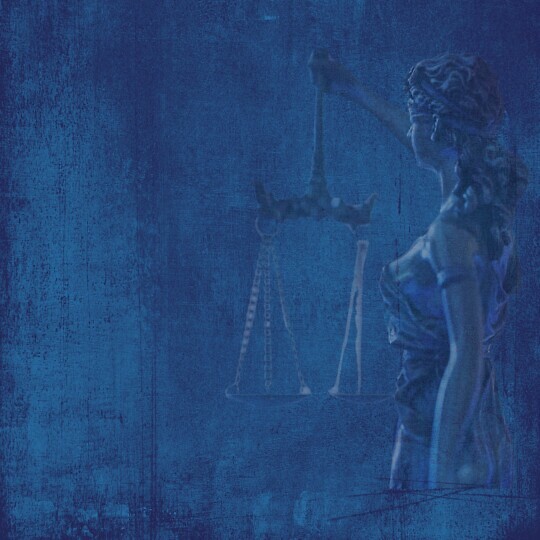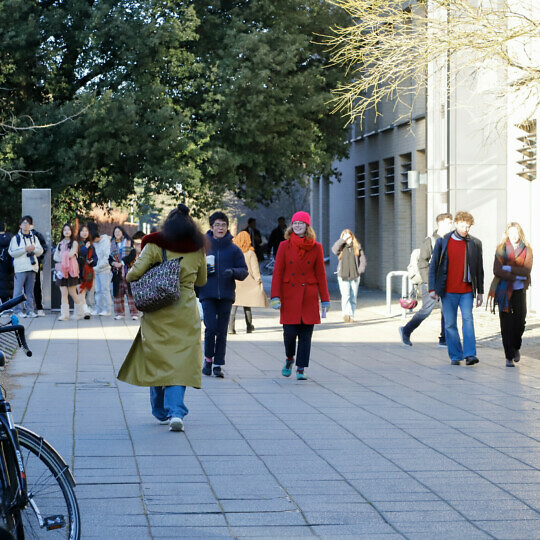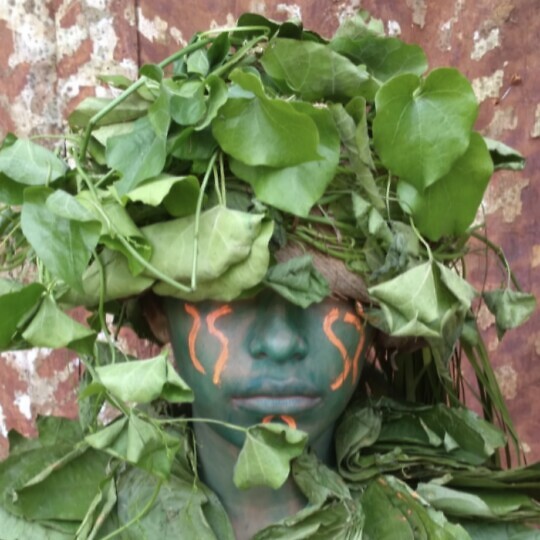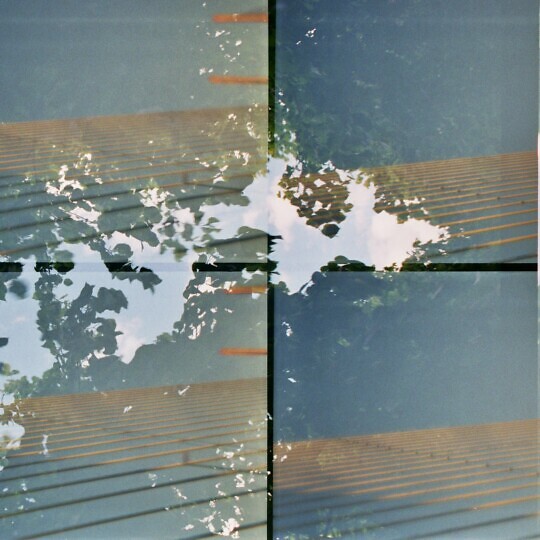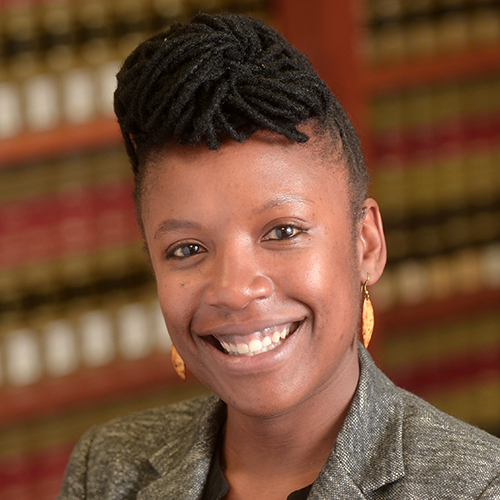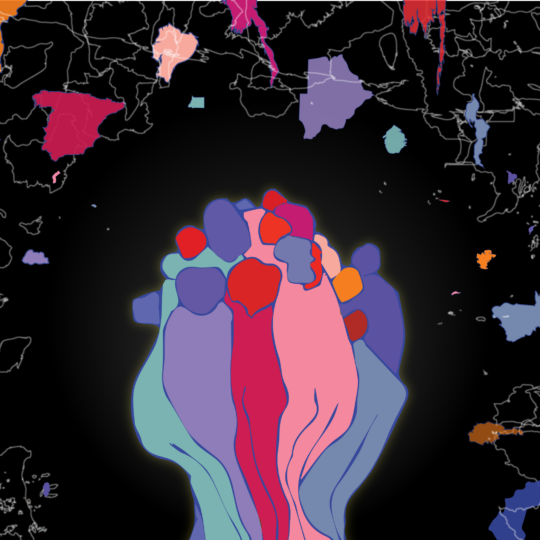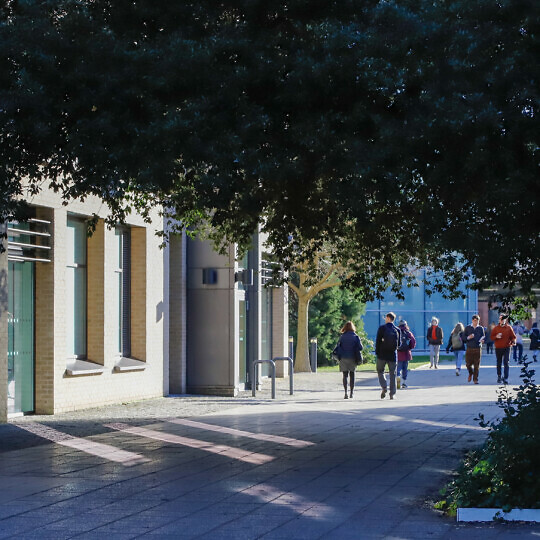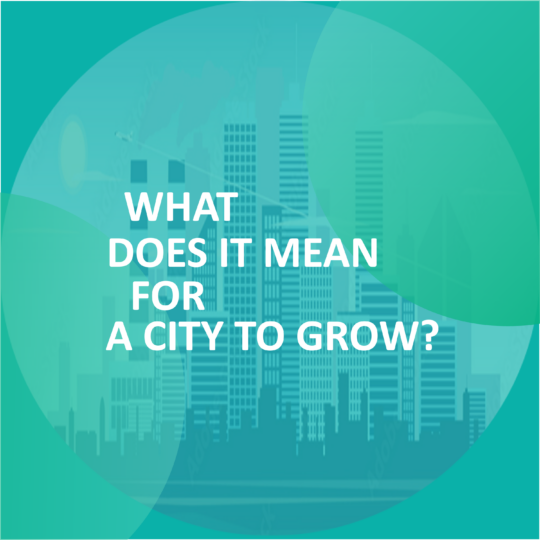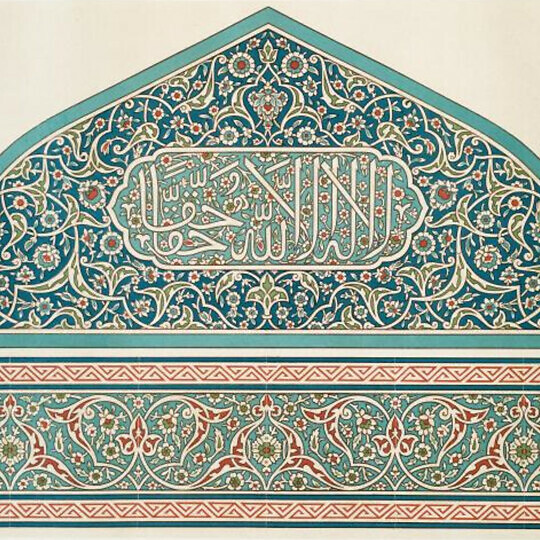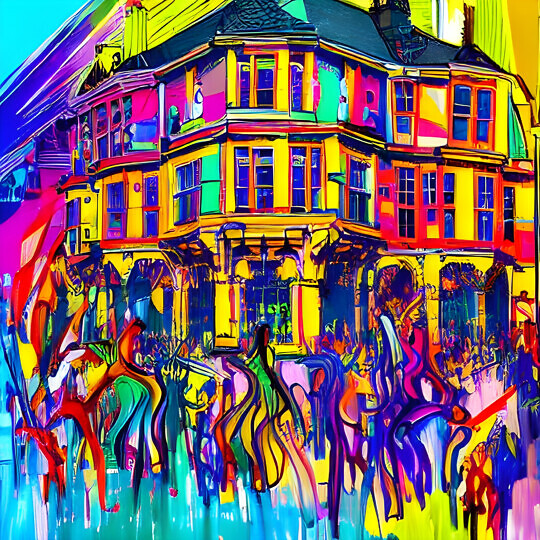| 12 Sep 2014 - 13 Sep 2014 | All day | CRASSH, Alison Richard Building, 7 West Road, Cambridge CB3 9DT - SG1&2 | |
- Description
- Programme
- Biographies & publications
Description
Register online via the link at the top right hand side of this page
Conference fee: £50 (full), £25 (students) – includes lunch and tea/coffee
Deadline: Wednesday 10 September
Twitter Hashtag: #DantePosture
Conveners
Heather Webb (University of Cambridge)
Vladimir Mirodan (Central Saint Martin – University of the Arts London)
Summary
Posture is a key signifier of spiritual and psychological states in Dante’s Comedy. We aim to investigate the way in which these postures communicate by means of a range of interdisciplinary approaches:
- placing depictions of posture in Dante’s work within medieval cultural contexts, in particular prayer practices;
- analysis of postures in manuscript illuminations and other selected illustrations and visualisations of the Comedy;
- study of the embodiment of postures through staging selected episodes and consequent analysis by means of acting theory, kinesics, and concepts derived from recent work in neuroscience.
The objectives of the conference are to address two principal questions:
- How can contemporary enactment of postures described in a medieval text allow us to make distinctions between that which the posture communicates to us today, in view of contemporary cultural associations, and that which the posture might communicate to medieval readers, within their own context of cultural associations and practices?
- What does visualising postures – as illustrated or embodied – allow us to discover in terms of their relationship to identity and social interaction as well as their perceived transformational potentialities?
Sponsors

Supported by the Centre for Research in the Arts, Humanities and Social Sciences (CRASSH) at the University of Cambridge, Central Saint Martins (University of the Arts, London) and CIRN, the Cambridge Italian Research Network
Accommodation for non-paper giving delegates
The following websites may be of help.
Visit Cambridge
Cambridge Rooms
University of Cambridge accommodation webpage
NB. CRASSH is not able to help with the booking of accommodation.
Administrative assistance: events@crassh.cam.ac.uk
Programme
| DAY 1 - Friday 12 September 2014 | |
| 10.00-10.30 | Registration and coffee |
| 10.30-11.30 | ROUNDTABLE: The Postures of Dante’s Purgatorio Chair: Dr. Heather Webb (Cambridge) Roundtable participants: Shona Morris (Central Saint Martins), Philip Starnier (Central Saint Martins), Benjamin Askew (Central Saint Martins) |
| 11.30-12.30 | PANEL: Methodological Frameworks: Posture in Theory and Practice Chair: Prof. Vladimir Mirodan (Central Saint Martins) Participants: Prof. Vittorio Gallese (Parma), Dr Rick Kemp (Indiana University of Pennsylvania) |
| 12.30-13.00 | Discussion |
| 13.00-14.00 | Lunch |
| 14.00-15.00 | ROUNDTABLE: Gesture and Posture From Literature to the Reader Chair: Dr Ambrogio Camozzi (Cambridge) Participants:
|
| 15.00-15.30 | Discussion |
| 15.30-16.00 | Coffee |
| 16.00-17.00 | PANEL: Posture in Translation: Literary Texts into Films Chair: Prof. Robert Gordon (Cambridge) Participants:
|
| 17.00-17.30 | Discussion |
| 18.00-19.00 | Drinks reception at Selwyn College New SCR |
| 19.30 | Dinner at Selwyn College New SCR |
| DAY 2 - Saturday 13 September | |
| 9.30-10.00 | Coffee |
| 10.00-11.00 | PANEL: Visualising Posture in Dante: Art Historical Approaches Chair: Dr Donal Cooper (Cambridge) Participants:
Response: Dr Gervase Rosser (Oxford) |
| 11.00-11.30 | Discussion and Coffee |
| 11.30-12.30 | PANEL: Embodying Posture: Posture and Personality Chair: Benjamin Askew (Central Saint Martins) Participant: Prof. Vladimir Mirodan (Central Saint Martins): Watching the Fists: Posture and Character Inference Response: Dr James Kilner (UCL) |
| 12.30-13.00 | Discussion |
| 13.00-14.00 | Lunch |
| 14.00-15.00 | ROUNDTABLE: Posture and Prayer on the Terrace of Pride Chair: Helena Phillips-Robins (Cambridge) Participants: Prof. Vittorio Montemaggi (Notre Dame), Dr Matthew Treherne (Leeds), Dr George Corbett (Cambridge) |
| 15.00-15.30 | Discussion |
| 15.30-16.00 | Coffee |
| 16.00-17.00 | GENERAL DISCUSSION: Multidisciplinary Approaches; Strategies for Further Research |
| 17.00-18.00 | Drinks |
Biographies & publications
Participants
- Benjamin Askew is a PhD Candidate at Central Saint Martins, London. Benjamin trained as an actor at Drama Centre, London. Since graduating in 2007, he has worked professionally in theatre, television and radio, including two seasons with Shakespeare's Globe Theatre and six months as a member of the BBC Radio Drama Company. His first play, The House of Gingerbread had a sell-out preview at London's Arcola Theatre before travelling up to the Edinburgh Festival where it was selected as a 'Pick of the Fringe 2008. Ben's second play, In Bed with Messalina was produced at the Courtyard Theatre, Hoxton for three weeks in July/August 2009. Most recently, Ben's short play Necessary Evil was produced by Menagerie Theatre at the Hotbed Festival and at Soho Theatre in January 2012. Ben is currently developing a new version of Tristan and Iseult. Ben's is represented for his acting work by Sandra Chalmers at Shepherd Management.
- Philip Benjamin is a PhD Candidate, Central Saint Martins, London.
- Guillemette Bolens is Professor of medieval English literature and of Comparative literature at the University of Geneva. Her research interests are the history of the body and corporeal logics in literature and art of different periods. She has published on Homer and Virgil, Chaucer and Chrétien de Troyes, Joyce and Proust, Buster Keaton, Charlie Chaplin, and Jacques Tati. Her research focuses on kinesics and the analysis of gestures, postures, movements, and facial expressions in visual and verbal arts. Her approach is interdisciplinary, linking the fields of narratology and literary analysis, gesture studies, action understanding, embodied cognition, and kinesthetic semiotics. Among his publications, The Style of Gestures. Embodiment and Cognition in Literary Narrative (Baltimore: Johns Hopkins University Press, 2012) and La Logique du corps articulaire: Les articulations du corps humain dans la littérature occidentale (Rennes: Presses Universitaires de Rennes, 2000, reprinted in 2007) which received the Latsis Foundation Award and The Hélène and Victor Barbour Award for Literary Criticism in 2001.
- Dr Ambrogio Camozzi is a Sykes Fellow in Italian Studies, Pembroke College, Cambridge. He completed his degree in Filologia Medievale in Milan under the supervision of Professor Violetta de Angelis, going on to complete an MPhil in European Literature and culture at Cambridge University. As a Gates Cambridge scholar, he has now completed my PhD on the relationship between Dante and the medieval traditions of Alexander the Great, at Pembroke College. He has been elected as Keith Sykes Research Fellow in Italian Studies at Pembroke and within this post his research will focus on Dante as satirist. He has been working also on classical mythology in medieval culture, medieval dreambooks and the magic lore. He’s the cofounder of Esperimenti Danteschi (an international course on Dante studies), and the creator of CAMA 2012-2013, a project set up to provide new students of Italian at the University of Cambridge with a free first-hand experience of the territory of Firenze, Siena e Arezzo.
- Dr Donal Cooper is University Lecturer in Italian Renaissance Art and a Fellow of Jesus College, Cambridge. He read modern history at Oxford University before studying art history at the Courtauld Institute of Art. He completed his PhD on Franciscan art and architecture in central Italy at the Courtauld in 2000. Between 2002 and 2005 he worked in the Research Department at the V&A, contributing to the redisplay of the Museum’s Medieval and Renaissance Galleries. Before joining Cambridge in 2013, he was Assistant and then Associate Professor in the History of Art Department at the University of Warwick. He was awarded a Philip Leverhulme Prize for outstanding scholarship in 2006 and held a Hannah Kiel Fellowship at the Harvard University Center for Italian Renaissance Studies at Villa I Tatti in Florence in 2009-10. The first volume of his co-authored study with Dr Janet Robson on the Basilica of San Francesco, The Making of Assisi: The Pope, the Franciscans and the Painting of the Basilica, was published by Yale University Press in 2013. Other recent publications have focused on Giotto’s Franciscan commissions (Redefining the Altarpiece in Early Renaissance Italy: Giotto's Stigmatization of Saint Francis and its Pisan Context) and Dr Cooper was a major contributor to the catalogue accompanying the Giotto e compagni exhibition held at the Louvre in spring 2013.
- Dr George Corbett is Junior Research Fellow at Trinity College, University of Cambridge. He specialises in Dante and medieval philosophy. He is interested in classical and medieval Latin literature, as well as medieval and Renaissance literature in English and Italian. Among his recent publications, the book Dante and Epicurus: A Dualistic Vision of Secular and Spiritual Fulfilment (Oxford: Legenda, 2013).
- Professor Benjamin David is Associate Professor of Art History at Lewis and Clark College, Portland. His work has been concerned with narrative in Italian Renaissance panel painting and manuscript illumination, and he is especially interested in how the working practices of Renaissance painters affect the narratives they produce. His consideration of visual narrative has focused in these areas: visualizations of Dante’s Divine Comedy and of the life of Saint Francis, painted marriage chests (cassoni), and problems of periodization in art history, especially the split between the Middle Ages and the Renaissance. His publications have explored these themes in the context of fifteenth-century Siena (especially in the work of Giovanni di Paolo and Francesco di Giorgio Martini), but his interests are not limited to Sienese art. He is also very interested in the complex nature of the Renaissance engagement with classical antiquity and, more recently, in how contemporary art enriches and complicates our understanding of Italian Renaissance art. He has taught an art history course on visual perspectives of Dante’s Divine Comedy for the past ten years in various iterations at Reed College, The Ohio State University, and Lewis & Clark College.
- Dr Peter Dent is Lecturer at Bristol University, Department of History of Art. The core of his research is centred on the sculpture of late medieval and early Renaissance Italy. He is currently finishing work on a monograph (Sculptural Encounters in Dante’s World) that explores the expectations and experiences of late medieval beholders when interacting with sculptural objects. He has just begun research for a study of sculptural surfaces and skin between the late medieval period and the Renaissance. He is also engaged in an ongoing project in collaboration with Dr Ettore Napione (Museo di Castelvecchio, Verona) on the sculpture of late medieval Verona. More broadly, he is interested in the history of sculptural aesthetics. In 2008, he organised an interdisciplinary conference on the subject of ‘Sculpture and Touch’. He is a member of several research clusters at Bristol, including Early Italian Studies, Materialities and the Sea.
- Professor Vittorio Gallese was born and educated in Parma. He took my MD and Degree in Neurology at the School of Medicine of the University of Parma, Italy. He is now Full Professor of Physiology at the Dept. of Neuroscience of the School of Medicine of the University of Parma. He is the Coordinator of the PhD Program in Neuroscience of the University of Parma. He worked at the University of Lausanne, Switzerland, at the Nihon University of Tokyo, Japan, and at the University of California at Berkeley, USA. In 2002 he was Visiting Professor at the Brain and Mind Institute of the University of Berkeley. He is a member of the Italian Society of Physiology, of the Italian Society of Neuropsychology, of the European Brain and Behavior Society, of the International Neuropsychological Symposium, and of the Scientific Committee of the Fondation Fyssen, Paris, France. Among his publications, with M. Ammaniti The Birth of Intersubjectivity. Psychodynamics, Neurobiology and the Self. (W. W. Norton & Company, 2014) and with Wojciehowski, in 2011, 'How Stories Make Us Feel. Toward an Embodied Narratology' California Italian Studies, Vol. 2, Issue 1.
- Robert Gordon is Professor of Modern Italian Culture at Cambridge University, Faculty of Modern and Medieval Languages. He has published widely on 20th-century Italian literature, cinema and cultural history. He is the author or editor of several books on the work of Primo Levi, including Primo Levi's Ordinary Virtues, Auschwitz Report and The Cambridge Companion to Primo Levi. He is co-editor of Culture, Censorship and the State in 20th-Century Italy and his study of cultural responses to the Holocaust in Italy, The Holocaust in Italian Culture, 1944–2010 has been published in 2012. His work on cinema includes the books Pasolini. Forms of Subjectivity and Bicycle Thieves, DVD and blu-ray audio commentaries on Pasolini's Teorema and Bicycle Thieves, and articles and essays on Holocaust cinema, early film and literature, 'Hollywood on the Tiber', and censorship.
- Nick Havely is Emeritus Professor of English & Related Literature at the University of York, and his main research interests are in late medieval literature and in Anglo-Italian literary relations. His work on Dante and his reception includes: Dante's Modern Afterlife: Reception and Response from Blake to Heaney (Macmillan, 1998); Dante and the Franciscans (Cambridge, 2004); the Dante volume in the Blackwell Guides to Literature series (Blackwell, 2007); and two recent edited collections of essays on Dante in the Nineteenth Century: Reception, Canonicity, Popularization (Peter Lang, 2011) and on Dante in the Long Nineteenth Century: Nationality, Identity, and Appropriation (Oxford, 2012). He has completed a study of Dante’s British Public: Texts and Readers, from the Fourteenth Century to the Present, which is due for publication by Oxford University Press in 2014 and for which he received a Leverhulme Research Fellowship in 2007-8. His current project, Apennine Crossings (for which he was awarded a Fondazione Bogliasco Fellowship), is on travelers, walking and warfare in the mountains of northern Tuscany.
- Dr Rick Kemp teaches at the Department of Theatre and Dance, Indiana University of Pennsylvania. His professional experience as an actor and director in the UK, Europe, the USA, and Canada stretches over 30 years. He has worked at theaters such as London’s Riverside Studios, Tricycle Theatre, Queen Elizabeth Hall, Almeida Theatre, Warsaw’s Polski Teatr, Toronto’s Harborfront Theatre, and the Bouffes du Nord in Paris. He was the founder and co-artistic director of Commotion, creating original devised shows that were selected as Critics Choices by Time Out London and the Guardian, and received the British Telecom Innovations Award. His work ranges from the classical, such as directing Hamlet at the Pittsburgh Playhouse, or playing Falstaff, to the experimental, such as the multidisciplinary performance pieces he has directed for Squonk Opera, or the works he’s created and performed with Quantum Theatre and 404 Strand. One of his specialties is devised theatre; in 2004, he received the Heinz Endowments Creative Heights Award for his clown show e-lectricity, and in 2009 the IUP Academic Excellence and Innovation Award for 404 Strand’s faustUS. His research interests focus on applying discoveries from cognitive neuroscience to theater and performance. His book Embodied Acting: WhatNeuroscience Tells Us About Performance was published by Routledge in 2012.
- Dr James Kilner is Senior Lecturer in Human Motor Neurosciences, IoN Motor Neurosci & Mov Disorders. Institute of Neurology, Faculty of Brain Sciences, UCL. His research focuses on human social interaction, specifically upon our ability to infer beliefs and intentions in other minds. Little is known about the neural basis of our ability to read the intentions of others, but a very likely candidate is the mirror neuron system. Mirror neurons discharge not only during action execution but also during action observation. It is this property that makes these neurons a possible neural substrate for action understanding. The MNS has been the focus of much interest since its discovery because it has the properties that may enable us to infer the goal of an observed action. However, how the visual information from an observed action maps onto the observer's motor system and how the goal of that action is inferred remain a matter of debate. His research uses non-invasive measures of human brain activity, fMRI, EEG and MEG, as well as behavioural studies to test the hypothesis that the MNS is best explained within a predictive coding framework that appeals to hierarchical generative models and empirical Bayes. This approach provides a mechanistic account of how evoked responses in the visual and motor systems are organised and explains how the causes of an action can be inferred from its observation.
- Professor Vladimir Mirodan, trained on the Directors’ Course at Drama Centre London, has directed over 50 productions in this country as well as internationally. He holds an MA and a PhD from Royal Holloway, University of London. His PhD thesis was concerned with The Laban-Malmgren System of Character Analysis, the core subject around which all courses at the Drama Centre evolved. He has taught and directed in most leading drama schools in the UK and was, in turn, Director of the School of Performance at Rose Bruford College and Vice-Principal and Director of Drama at the Royal Scottish Academy of Music and Drama. He was Principal of Drama Centre London from 2001-2011. He served for many years as Vice Chair of the Directors Guild of Great Britain; on the Drama Committee of the Scottish Arts Council and on the Board of the Citizens’ Theatre. From 2000 to October 2006, he was Chairman of the Conference of Drama Schools and a Deputy Chair of the National Council for Drama Training.
- Professor Vittorio Montemaggi is Assistant Professor of Religion and Literature, Department of Romance Languages and Literatures at the University of Notre Dame and Concurrent Assistant Professor at the Department of Theology in the same university. Professor Montemaggi's interests include the relationship between literary and theological reflection, the relationship between language, truth and love, and the interconnections between the question of the relationship between theism and atheism and that of the relationship between tragedy and comedy. To date, his published work has focused primarily on Dante's Commedia, while his current research also comparatively explores, alongside the work of Dante, that of Primo Levi, Roberto Benigni, Shakespeare, Dostoevsky, Augustine, Gregory the Great and Aquinas.
- Shona Morris teaches Drama and Performance at Central Saint Martins. She studied Drama and English at Bristol University and Acting at the Jacques Lecoq School of Mime Movement and Theatre in Paris. Formerly Head of Movement at Rose Bruford College, she has continued to work extensively in theatre, TV and film, nationally and internationally. She has directed and worked on movement on numerous Drama School London productions. Her acting credits include seasons at the RNT, Sheffield Crucible, Nottingham Playhouse, York Theatre Royal, Manchester Contact Theatre, Derby Playhouse, Westcliffe, and at the RNT Studio, Riverside Studios, Paines Plough, Shared Experience, Tricycle Theatre, Joint Stock, and Stratford East. Her roles include Prospero in The Tempest (RNT Mobile Tours), Augustine in Augustine: Big Hysteria (Time Out Award 1991), Madame Tussaud in Wax (Paines Plough), Sarah Kahn in Chicken Soup with Barley. Her other favourite parts include Madge in Time and the Conways, Jacqueline in French Without Tears and Ophelia in Hamlet. Her movement Director Credits include: three seasons at the Stratford Festival Theatre Canada, Chichester Festival Theatre, Watford Palace Theatre, Cambridge Arts Theatre, West End (Gielgud Theatre), Royal Court, National Theatre Studio, The Bush, Liverpool Playhouse. Credits include: premiere of An English Tragedy (Ronald Harwood), Nicholas Nickleby, I Caught Crabs in Walberswick (Fringe First 2008), Oedipus Rex, The Tempest, Twelfth Night and King Lear.
- Dr Daragh O’Connell is a lecturer in Italian literature at University College Cork. He specializes in modern and contemporary Sicilian literature, Vico and Eighteenth-century Neapolitan culture and aspects of Dante. In 2013 he co-edited Nature and Art in Dante (Four Courts) with Jennifer Petrie and is currently completing two further volumes with John Barnes, War and Peace in Dante and Dante and the Seven Deadly Sins (both Four Courts 2014).
- Helena Phillips-Robins, PhD Candidate, Italian Department, Cambridge University
- Katherine Powlesland is a PhD candidate at the University of Cambridge, Italian Department, working on notions of interactivity in Dante’s Commedia. She is exploring certain elements in digital poetics to define analogous mechanisms in textual poetics. Specifically, she is looking for ways that a reader can be made to feel that they are engaging directly – without any mediation by an author or narrator – with the world created by the text. She graduated in French & Italian from Cambridge in 1991. In 2011, she returned to take the MPhil in European and Comparative Literatures and Cultures. She also has an MA in Creative Writing from the University of Leeds (home of the Leeds Centre for Dante Studies) and write prose fiction. As a side project, she is hand-copying one of the very first printed editions of the Commedia (1472, printed by Johann Neumeister, and held by the Rare Books Room at Cambridge University Library) as an experiment in Uncreative Writing.
- Dr Gervase Rosser is Associate Professor of the History of Art in the Department of Art History and a Fellow of St Catherine’s College, University of Oxford. He trained as an art historian at the Courtauld Institute, and additionally as a historian at the Universities of Oxford and London. He joined the Department on the establishment of the BA in Art History in 2004. His recent research has engaged with belief in the supernatural power of certain statues and pictures. This has been published as a book, written jointly with Jane Garnett: Spectacular Miracles: Transforming Images in Italy from the Renaissance to the Present (London: Reaktion Books, 2013). His recent and current work on Italian painting between 1300 and 1500 engages with Dante and sight; the early 14th century Sienese painter Duccio; and the later 15th century Sicilian painter Antonello da Messina. He also works on medieval guilds and fraternities, about which he is preparing a forthcoming book.
- Dr Matthew Treherne is Senior lecturer in Italian and Head of the School of Languages, Cultures and Societies at the University of Leeds, where he also co-directs the Leeds Centre for Dante Studies. He is Principal Investigator for the AHRC-funded project, “Dante and Late Medieval Florenceː Theology in Poetry, Practice and Society”. Among his publications, Reviewing Dante's Theology: Volume 1 (co-edited with Claire Honess) and Volume 2 (co-edited with Claire Honess) (Peter Lang, 2013); Dante in France (co-edited with Russell Goulbourne and Claire Honess) (Fabrizio Serra, 2013), and “Se mai continga…”: Exile, Theology and Politics in Dante (co-edited with Claire Honess) (Longo, 2013).
- Dr Heather Webb is Lecturer in Italian at the University of Cambridge and Fellow of Selwyn College. She specializes in medieval literature and culture with a particular interest in Dante. She is the author of The Medieval Heart (Yale University Press, 2010) and a number of articles on Catherine of Siena, Dante, and Giovanni da San Gimignano. She is currently writing a monograph entitled Persona: Dante’s Ethics of the Transhuman. She is also co-editing, with George Corbett, three volumes of Vertical Readings in Dante’s Comedy.
Relevant publications
- Bolens, Guillemette. The Style of Gestures: Embodiment and Cognition in Literary Narrative (Baltimore: Johns Hopkins University Press, 2012).
- Bolens, Guillemette. “Arms Akimbo: Kinesic Analysis in Visual and Verbal Art.” Visual Rhetoric and the Eloquence of Design. Ed. Leslie Atzmon. West Lafayette: Parlor Press, 2011. 167-204.
- Bolens, Guillemette. “Kinesthetic Empathy in Charlie Chaplin’s Silent Films.” Kinesthetic Empathy in Creative and Cultural Practices. Ed. Dee Reynolds and Matthew Reason. Bristol and Chicago: Intellect, 2012. 143-156.
- Bolens, Guillemette. La Logique du corps articulaire: Les articulations du corps humain dans la littérature occidentale. Rennes: Presses Universitaires de Rennes, 2000, reprinted in 2007.
- David, Benjamin. “The Paradisal Body in Giovanni di Paolo’s Illuminations of the Commedia,” Dante Studies 122 (2004): 45-63. (Published in November 2006).
- David, Benjamin. “Sites of Confluence: The Master of the Yates Thompson Divine Comedy.” In Tributes to Jonathan J.G. Alexander: The Making and Meaning of Illuminated Medieval and Renaissance Manuscripts, Art & Architecture, edited by Susan L’Engle and Gerald B. Guest, 21-32. London: Harvey Miller Publishers, 2006.
- David, Benjamin. “Narrative in Context: the Cassoni of Francesco di Giorgio.” In Renaissance Siena: Art in Context, edited by A. Lawrence Jenkens, 109-137. Kirksville, Missouri, Truman State UP, 2005.
- Gallese, Vittorio and Massimo Ammaniti. The Birth of Intersubjectivity: Psychodynamics, Neurobiology, and the Self (W W Norton & Company Incorporated, 2014).
- Kemp, Rick. Embodied Acting: What Neuroscience Tells Us About Performance (London-New York: Routledge 2012).
- Montemaggi, Vittorio and Treherne, Matthew. Dante's “Commedia”: Theology as Poetry (University of Notre Dame Press, 2010)
- Rosser, Gervase. 'Beyond naturalism in art and poetry: Duccio and Dante on the road to Emmaus'. Art History, 35 (2012), 474-97
- Rosser, Gervase. 'Turning tale into vision: Time and the image in the Divina Commedia'. RES: Anthropology and Aesthetics 48 (2005), 107-122
- Schmitt, Jean-Claude. 'The Ethics of Gesture' in Fragments for a History of the Human Body v.2 eds. Michel Feher with Ramona Naddaff and Nadia Tazi (New York: Zone, 1989).
- Treherne, Matthew. Dante’s “Commedia” and the Liturgical Imagination (forthcoming, Fordham University Press)
- Treherne, Matthew. Reviewing Dante's Theology: Volume 1 (co-edited with Claire Honess) (Peter Lang, 2013)
- Treherne, Matthew. Reviewing Dante's Theology: Volume 2 (co-edited with Claire Honess) (Peter Lang, 2013)
- Treherne, Matthew. Dante in France (co-edited with Russell Goulbourne and Claire Honess) (Fabrizio Serra, 2013)
- Treherne, Matthew. “Se mai continga…”: Exile, Theology and Politics in Dante (co-edited with Claire Honess) (Longo, 2013)
- Treherne, Matthew. Forms of Faith in Sixteenth-Century Italy (co-edited with Abigail Brundin) (Ashgate, 2009)
- Wojciehowski H.C., and Gallese, V. (2011) 'How Stories Make Us Feel. Toward an Embodied Narratology' California Italian Studies,Vol. 2, Issue 1. http://www.unipr.it/arpa/mirror/pubs/pdffiles/Gallese/2011/california_italian_studies_2011.pdf

